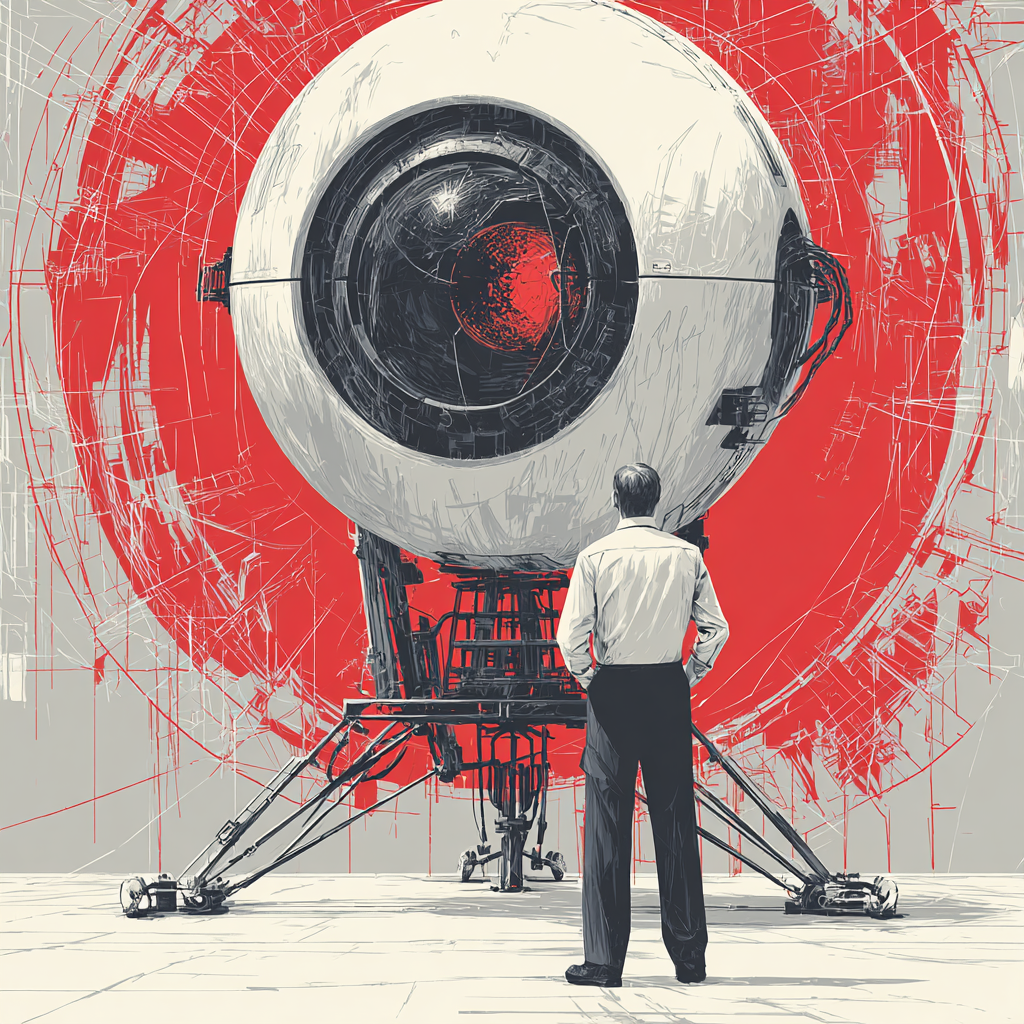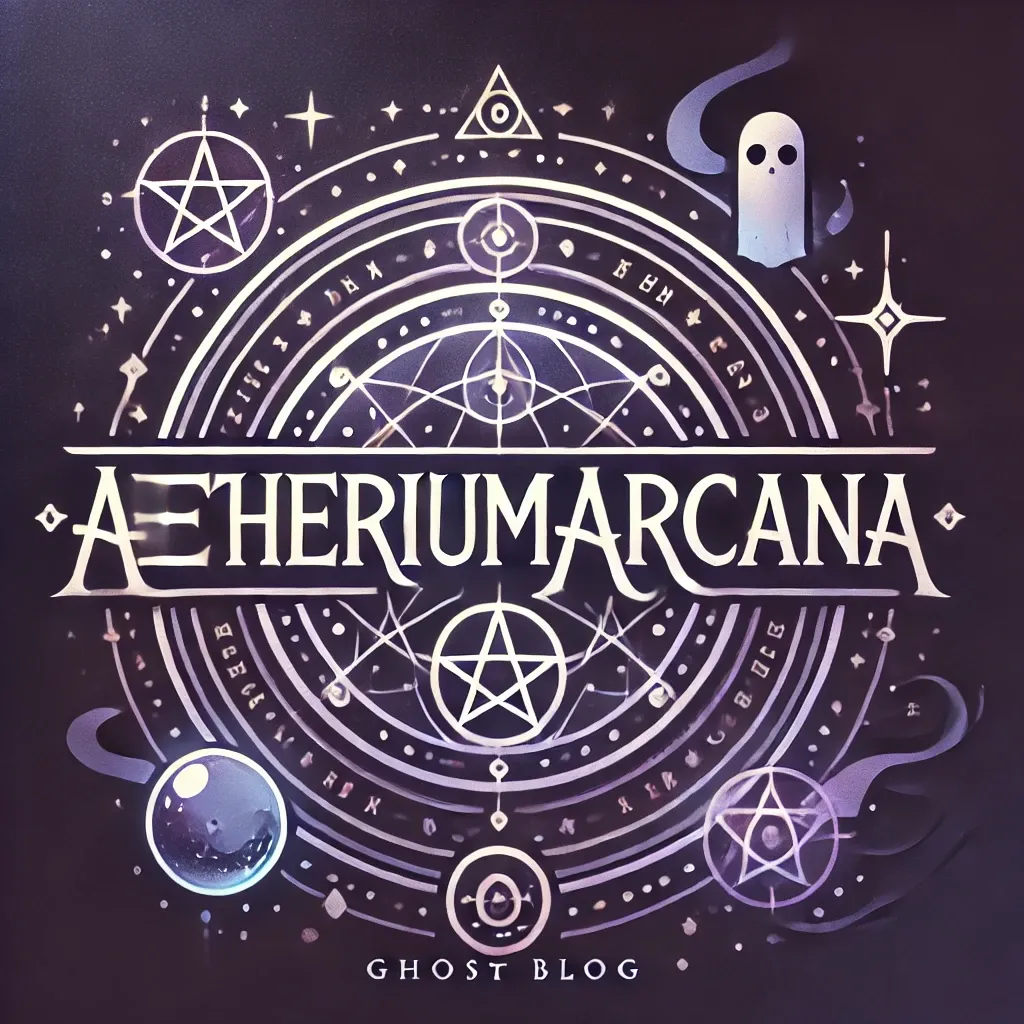Long before algorithms wrote poems or diagnosed illnesses, writers were asking the big questions: What does it mean to create intelligence? What are the risks of building minds we might not control—or even understand?
Subscribe to continue →Artificial intelligence in contemporary science fiction

